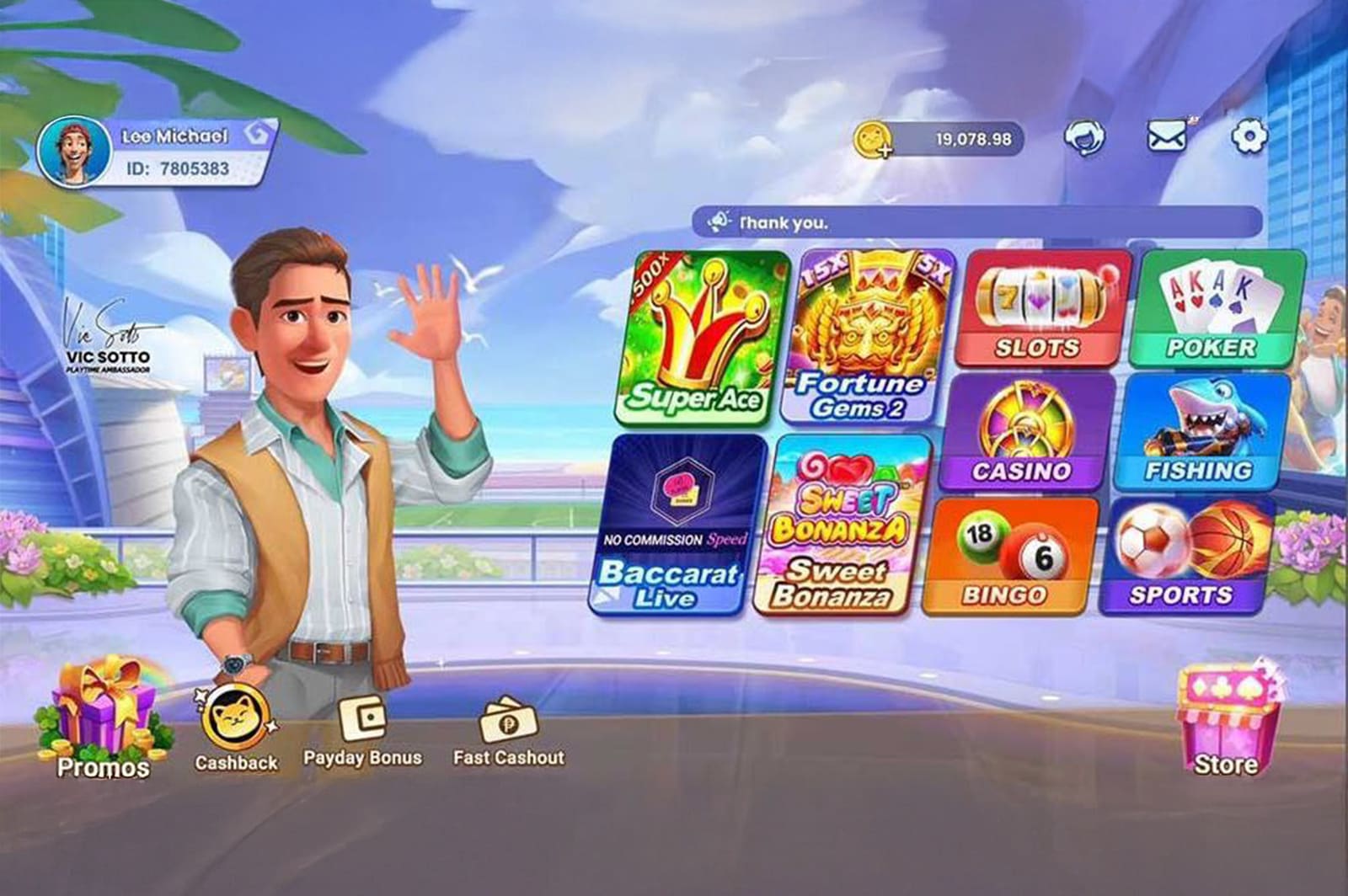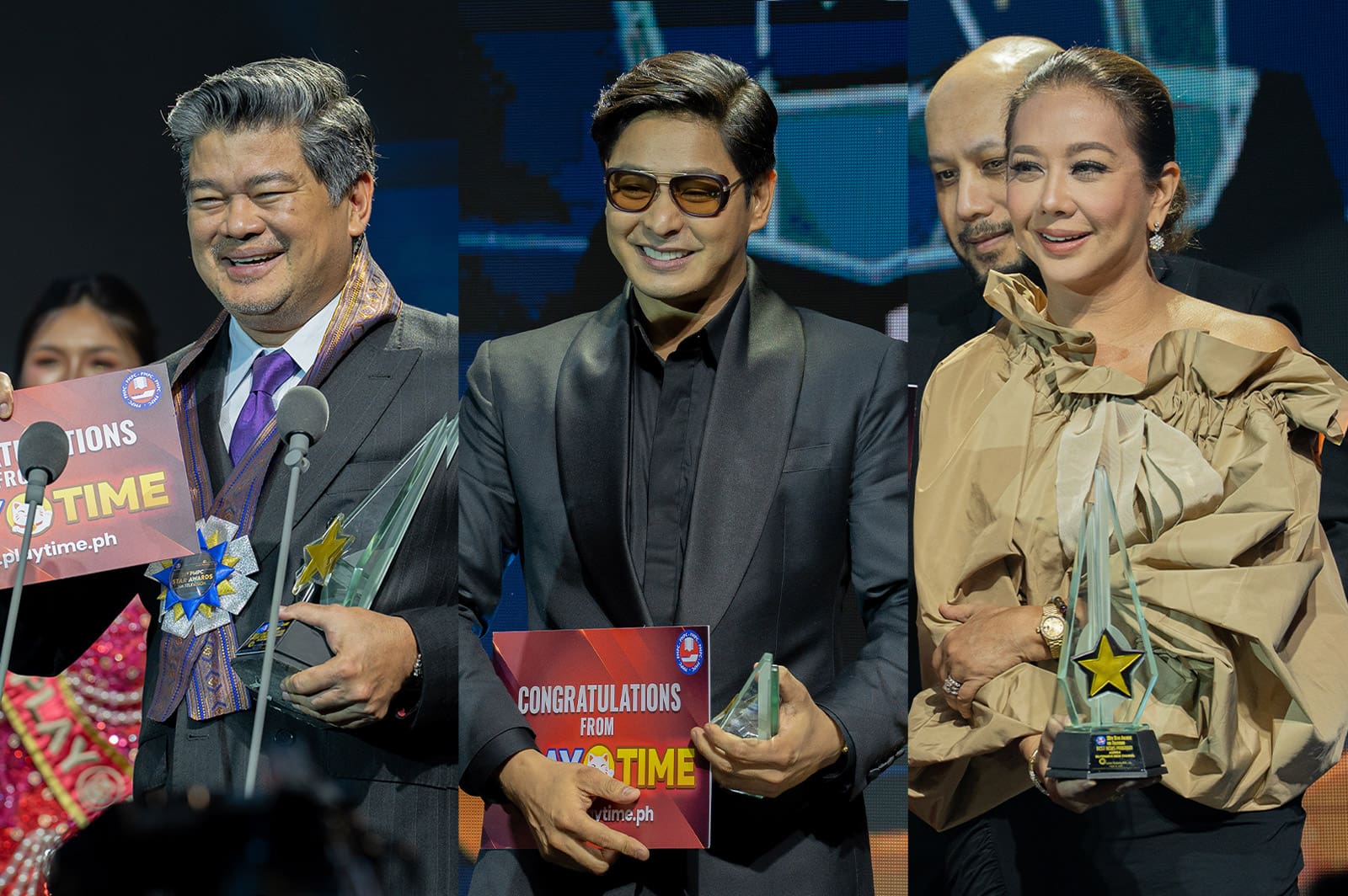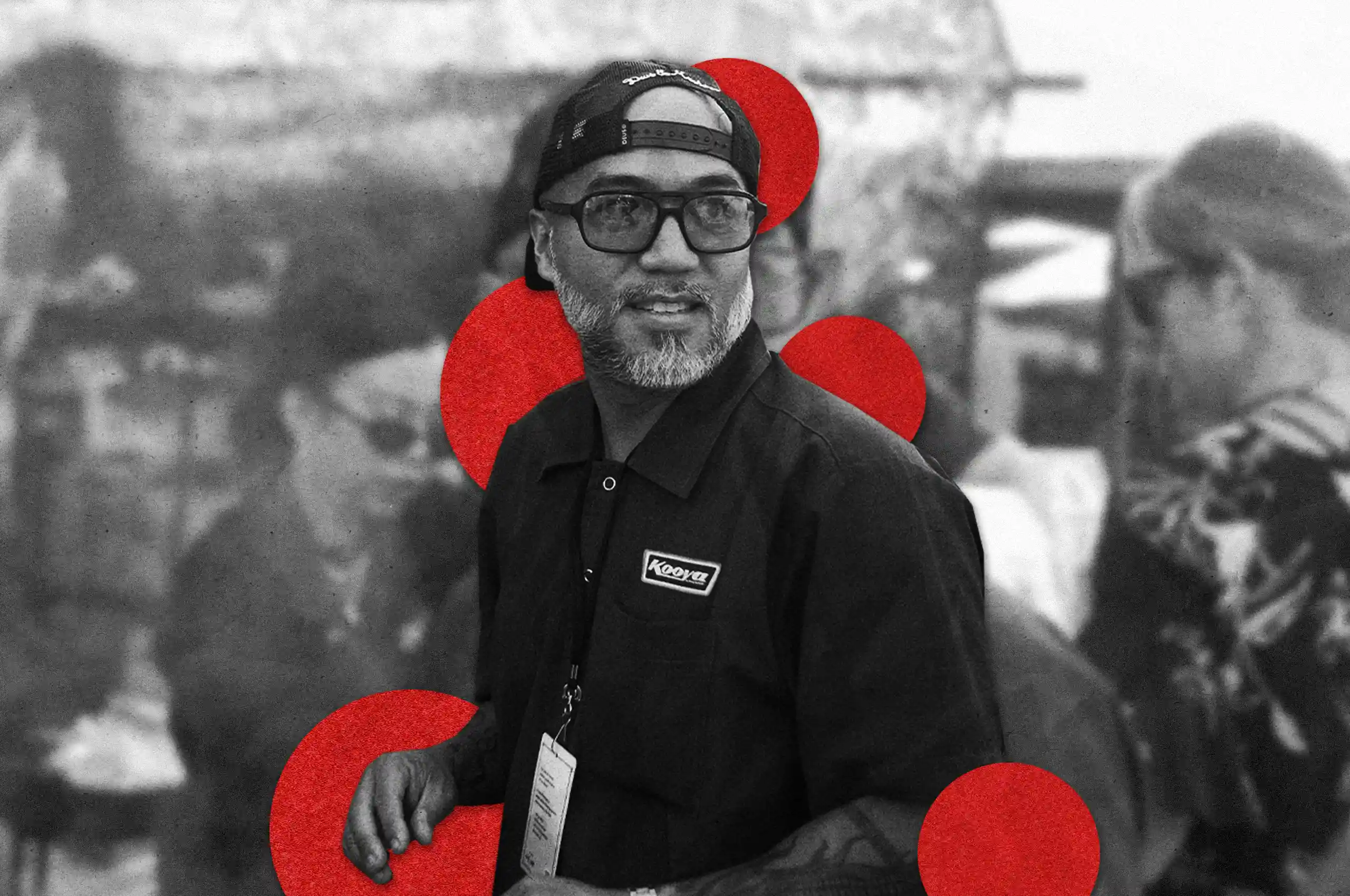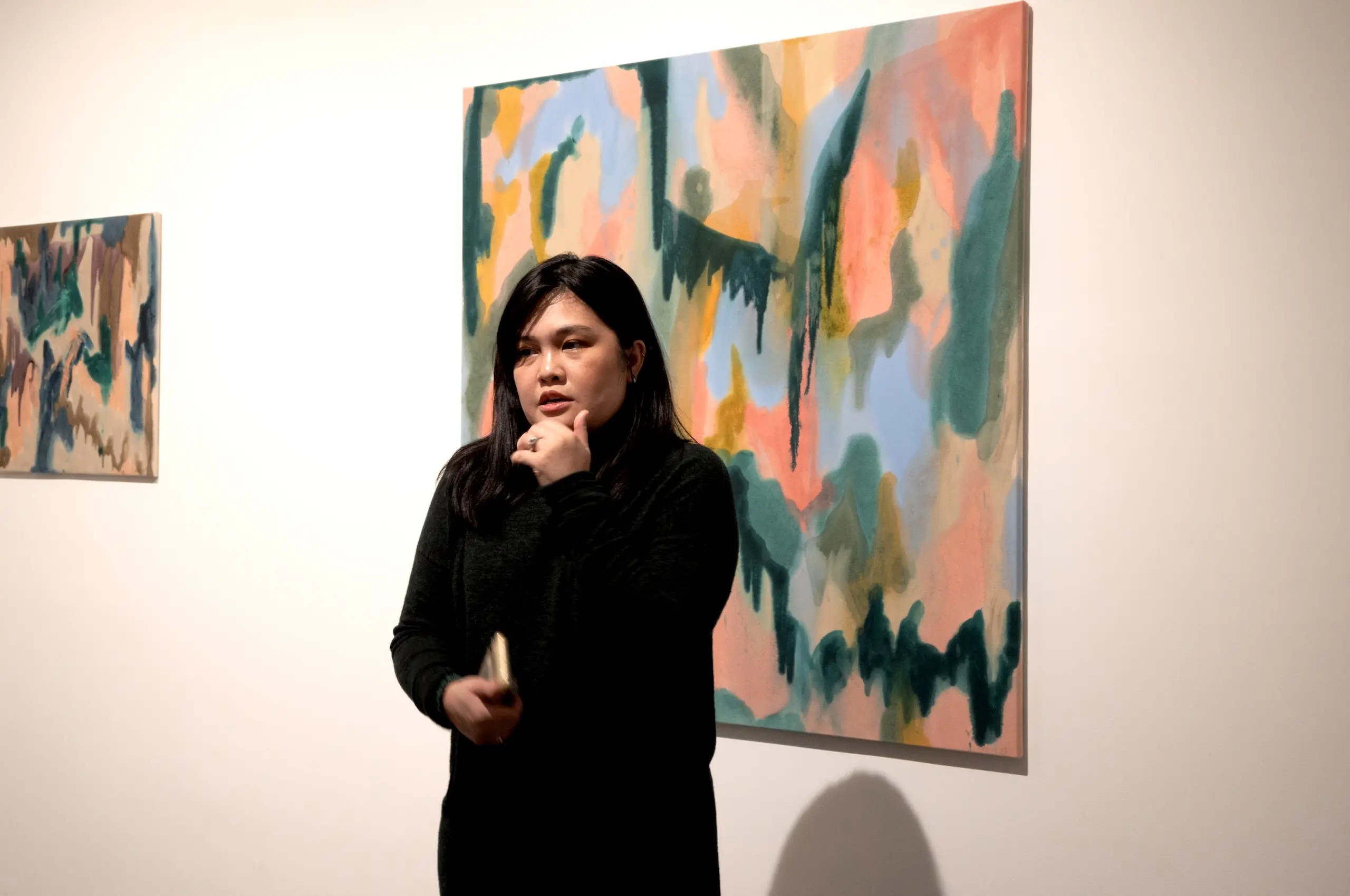P372.33 billion. That’s how much the Philippine gaming industry earned in gross revenue last year, according to the Philippine Amusement and Gaming Corporation (PAGCOR). This staggering figure may surprise some, but for anyone paying attention, it’s the latest proof of a cultural shift long in motion: gaming is no longer a subculture — it’s the new center of entertainment.
What was once dismissed as a pastime for niche groups now transcends demographics. Whether it’s seniors matching candies on their phones, professionals decompressing with poker after hours, or high-rollers spinning the roulette wheel, the reality is: everyone’s playing.
Margins to Mainstream

In the past, gaming in the Philippines was often relegated to the margins, a secondary part of the entertainment landscape. This shift from the periphery to the center mirrors our own entertainment evolution. We’ve witnessed the spectacle of Casino Filipino, the rise of integrated resorts along Manila Bay, and now, the digital migration of play, from coin-operated machines to curated online platforms.
Still, the stigma hasn’t fully lifted.
Gaming’s rise hasn’t come without criticism. It’s often lumped in with gambling, especially with the rise of sites that make playing effortless and constant. The concern is real, but the comparison isn’t always fair.
Gaming vs. Gambling

Gaming revolves around engagement and immersion. Gambling, on the other hand, centers around financial risk and reward. With every bet, there’s a psychological pull designed to hook you into the thrill of losing it all for the chance of winning big.
Think of it less as chasing a payout and more as attending a live show or binge-watching a favorite series. You’re not hoping to walk away richer, but to feel more connected to a shared experience that carries over from screen to life.
Yet, the perceived risk of adopting high-stakes mechanics — similar to those found in gambling — remains a concern. Without safeguards, gaming could slip into the dynamics it seeks to distinguish itself from.
The Case for Responsible Play
In a digital age where the line between entertainment and exploitation grows thinner by the day, responsibility in gaming is the baseline. PlayTime, a PAGCOR-licensed platform, stands in contrast to the “play-to-win” models that prey on impulsive behavior, emphasizing instead that control should always stay with the player.
Instead of relying solely on built-in features, PlayTime reinforces its commitment through consistent responsible gaming reminders on its social platforms. The message resonates deeply within its community, where players actively promote mindful habits to one another. Recent milestones, such as the celebration of the first car winner in the 100 Cars promo, reflect how responsible gaming and meaningful rewards can coexist.
The Grey Market Reality
Good intentions alone won’t cut it. The rise of “grey market” operators, thriving in the gaps of regulation, risks unraveling the strides made toward more responsible gaming. These rogue platforms operate unchecked, exploiting unsuspecting players and exposing them to dangers like identity theft, financial exploitation, and unchecked addiction.
Even so, the groundwork for real progress is already in motion. Through the collaborative efforts of legitimate, licensed operators and the regulatory leadership of PAGCOR, the industry has made significant strides toward building more transparent systems.
PAGCOR Chairman and CEO Alejandro H. Tengco highlighted this concern during the IAG Academy Summit in 2024, saying, “By lowering our license fees to be at par with global industry standards, we hope to attract and keep more investors in place. It should also help encourage illegal online gaming operators [to] abandon the grey market and embrace the mainstream.”
While some may view this as a possible opening for offshore operators to return, PAGCOR’s current direction appears to lean toward reinforcing regulation and accountability across the board. The broader intent seems to focus on creating a more structured environment that incentivizes compliance over circumvention.
Gaming as an Ecosystem

PlayTime shows that gaming can be more than escapism. It’s about a cultural ecosystem — one that thrives on a sense of community. By championing artists, celebrities, and grassroots campaigns, it turns players into co-creators of a shared digital culture.
The results speak for themselves. Over 30 million users in less than two years, accolades like the Best Newcomer Award at the Asia Gaming Awards 2025, and an average of 2.6 million daily players prove that ethical, experience-first gaming is not only possible but powerful.
Now, we have a chance to reshape the future of gaming. Will we rise to the occasion, or will we let the grey market, industry silence, and misinformation pull us back into the shadows? The next play is ours to make.







